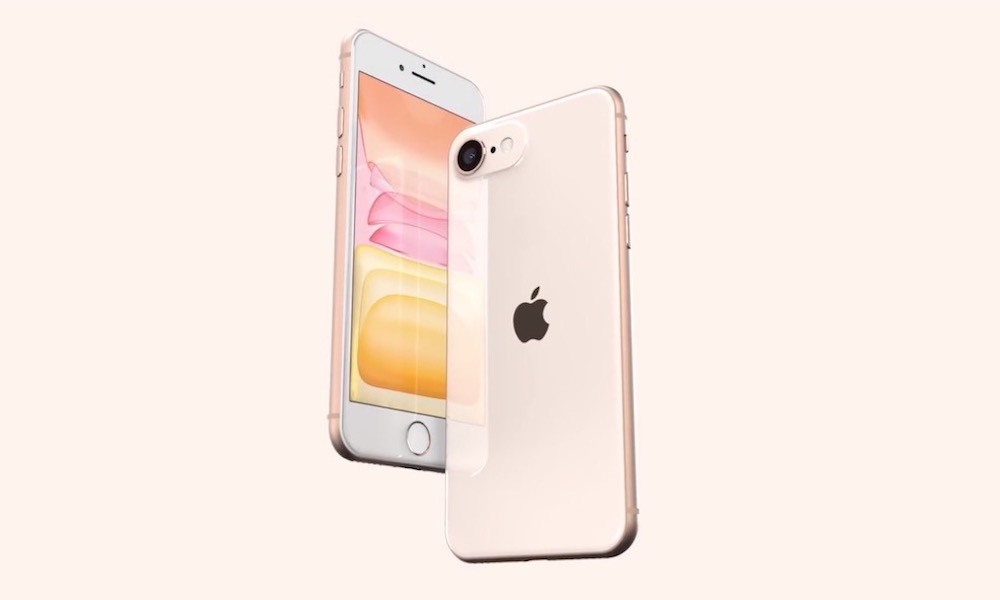Coronavirus No Longer Expected to Delay Apple’s iPhone 9 Production
 Credit: EverythingApplePro
Credit: EverythingApplePro
Toggle Dark Mode
Apple’s supply chain in China is gearing up to resume full-scale production by Feb. 10 despite the ongoing coronavirus outbreak in the country, according to a new report.
That includes Apple’s arguably most important supplier, Foxconn. In a statement to Bloomberg, Foxconn said it fully expects to restart its facilities on Monday. Other Apple suppliers like Quanta Computer, Invented and LG also gave similar indications.
Importantly, this could mean that Apple will avoid any major impact on its upcoming production schedule and release timeline. Previously, Bloomberg reported that the so-called iPhone 9 was originally scheduled to begin mass production this month but could see a delay due to the coronavirus.
Due to the viral outbreak, the Chinese government had ordered Foxconn and other manufacturers to stop “almost all” production through Feb. 9 in Shanghai. And a Foxconn source told Reuters earlier this week that any halt in production beyond Feb. 9 could have a “big” impact on shipments — including Apple’s upcoming iPhones.
Despite that, Foxconn recently said that the coronavirus outbreak has only had a “fairly small impact” on iPhone production thus far. The outbreak apparently started in Wuhan, which is hundreds of miles from Foxconn’s key manufacturing center.
While the vast majority of Apple iPhones are produced in China at Foxconn’s Zhengzhou plant, which was required to close, the Apple supplier has other factories throughout Vietnam, India and Mexico which apparently have been able to make up the slack.
Last week, Apple also announced that it closed all of its corporate offices, retail stores and other locations in mainland China through Feb. 9 due to the coronavirus. The Cupertino tech giant has about 10,000 employees in the country.
The 2019 Novel Coronavirus has infected more than 20,000 people and killed 400 as of the writing of this article.
While the majority of confirmed cases are in China, the virus has since spread to at least twenty other countries. The World Health Organization recently named the outbreak a global public health emergency.
In a tweet last month, Apple CEO Tim Cook said that the company will be donating to grounds helping support “all of those affected.”






